Is Insulating A Garage Door Worth It?
How do you plan to save high energy costs in your home without insulating the primary entrance to your home? The garage door is the primary point of entry to the home of most people, and the temperature in your garage is definitely important.
As we move forward, we will see the benefits of garage door insulation, the types of insulation for your garage door, and the cost of getting an insulated garage door.
The Benefits of Insulating a Garage Door
Garage door insulation improves the appearance of your garage and adds value to your home. Installing garage insulation for cold weather or summer heat helps you maintain a warm temperature at any time of the year. The benefits of insulating a garage door include the following;

1. Prevents Air Leakage & Saves Energy
Air leaks and holes in the garage cause high energy consumption by the HVAC system. Garage door insulation helps maintain a conducive temperature by preventing air leaks through the door, saving the energy consumed by your HVAC system.
During winter, insulated garage doors prevent cold air from seeping through the door and entering the garage.
2. Increase Door Strength
Insulated garage doors are stronger and more durable than uninsulated garage doors. Insulated garage doors are made up of multiple layers, there is a layer of insulation in between two layers of hard materials like steel.
Unlike uninsulated garage doors that are made up of a single layer of hard material, insulated garage doors hold less heat and can withstand external impact more than uninsulated garage doors.
3. Reduces Street Noise
One significant advantage of insulation is that it dampens the noise coming from your surrounding environment. Insulated doors are tightly constructed and do not make rattling sounds like other doors.
4. Protects Your Car And Belongings
Cold weather conditions affect car battery performance and cause low pressure in tires. Garage door insulation prevents the garage from becoming really cold. Also, cars or belongings that are stored in the garage are protected from theft.
5. Creates a Warmer & Comfortable Garage
A warm and comfortable garage makes the garage suitable for other purposes. The garage can be used as a workspace or relaxation spot since it is warm and comfortable.
What Are The Different Types of Garage Door Insulation?
Garage door insulation is of different types. Many homeowners carry out garage door insulation for winter or hot climates. Your choice of insulation depends on your goal and your budget. The following are the common types of insulation for garage door insulation;
1. Spray Foam Garage Door Insulation

Spray foam garage door insulation is a type of foam insulation used by most door manufacturers because of its insulating capacity and lightweight form. Spray foam insulation is applied between the layers of the garage door. It is also easy to apply, and spray foam insulation can last for a long period of time. Foam insulation is regarded as the best garage door insulation for hot climates or winter.
2. Rigid Foam Garage Door Insulation
Rigid foam garage door insulation is the other type of garage door foam insulation. It is also lightweight, like spray foam insulation, but it is more expensive. Foam insulation offers garage door insulation with the highest R-value.
3. Radiant Barrier

Radiant barrier insulation is a type of insulation for garage doors to reflect radiant heat. Radiant barrier insulation is made up of two layers of reflective materials, like aluminum, and another layer of air space. The function of the layer of air space is to trap the warm air in the garage from going out.
Unlike other forms of insulation, radiant barrier insulation does not slow down the convection process, so it does not have an R-value.
4. Cellulose Garage Door Insulation
Cellulose Garage Door Insulation is made from organic materials and sprayed on a garage door.
5. Fiberglass Garage Door Insulation
Fiberglass insulation is commonly used to insulate houses. It is very popular among homeowners, so they employ it to insulate their garage and garage doors. Fiberglass insulation is naturally incombustible and has a high R-value, making it a great choice for garage door insulation.
Pros & Cons of Garage Door Insulation Types
The different types of insulation have their own pros and cons associated with them.
1. Spray Foam Insulation
Spray foam insulation is easy to apply, long-lasting, lightweight, and inexpensive. Spray foam insulation is regarded as the best garage door insulation. The cons associated with spray foam insulation are that it has the tendency to cause bad odor and lose its adhesiveness when it is not properly installed.
2. Rigid Foam Garage Door Insulation
Just as with spray foam insulation, rigid foam insulation is easy to apply, is lightweight, and has a high R-value. The disadvantage of rigid foam insulation is that it can cause air leaks through the cavities and boards when it is not sealed properly.
3. Cellulose Garage Door Insulation
Cellulose insulation is highly effective at retaining heat, making it very useful during cold climates. The disadvantage of cellulose garage door insulation is that it is the most expensive insulation type.
4. Fiberglass Garage Door Insulation
Fiberglass insulation is very common among homeowners. It is naturally incombustible and absorbs sounds. The disadvantage of using fiberglass insulation is that it can create a mess when working with it, and it can pollute the air when disturbed.
Can You Add Insulation to An Existing Garage Door?
Yes, you can add insulation to an existing garage door. Adding insulation can be done by following a DIY project and using garage door insulation kits. Also, you should have knowledge about R-values and the type of insulation you want to use for your garage door insulation.
Recommended R-Values For Garage Doors
The measure of the resistance of an insulating material to conductive heat flow is referred to as R-value. The higher the R-value, the better the insulation material. Knowing the right garage door R-value is important. An R-value of 0 to R6 is good for a detached garage. An insulated garage door R-value of R6 to R9 is required for a garage that is heated and attached. When the HVAC is connected to the garage, you need R13 or more in order to save energy costs.
How Much Does Garage Door Insulation Cost?
According to the National average, an insulated garage door costs between $700 and $2000 to install. The cost of getting a steel insulated door is around $600, while vinyl doors cost $800. Wooden insulated doors cost around $2000.
To insulate an existing garage door, garage door insulation costs between $500 and $700. The cost depends on the type of insulation used, with foam insulation being the most popular type of insulation used. Click for more information about garage insulation cost.
FAQs
Does An Insulated Garage Door Make A Big Difference?
Yes, insulated garage doors are triple-layered with a layer of insulation in between two layers of hard materials, while uninsulated garage doors are single-layer. Insulated garage doors can withstand impact and save energy costs.
What Type of Insulation Is Best For Garage Doors?
Insulated garage doors help protect your car's lifespan and enhance the HVAC's efficiency. The type of insulation best for the garage depends on your goal and budget. Spray foam insulation offers the highest R-value, and it is easy to apply.
What Is The Standard R-Value For Garage Door?
The high R-value means the garage door is well insulated. A high R-value keeps the garage warm during winter and cold during summer. The standard R-value for a detached or unheated garage is between 0 to R6. The standard R-value for a heated should be R13 or more to keep the garage very comfortable.
What Is The Best R-Value For Garage Door Insulation?
For a detached garage, an R-value of 0 to R6 is good. For the garage attached to the home with no HVAC system, R6 to R9 is good. An R-value of R13 or more is good for a garage attached to your home with an HVAC system.
Can You Paint Garage Door Insulation?
Yes, you can decide to paint your garage door, but it can be messy if it is not done properly. It is advisable to seek the services of a professional to paint your garage door or carefully fully a DIY procedure.
How Effective Is Garage Door Insulation?
Garage door insulation makes your garage very comfortable all year round, secures your properties, it saves energy costs, reduces noise from your environment, and makes your garage useful for other purposes. İf you need more information about garage insulation click here.
Author : Krakenbond Team






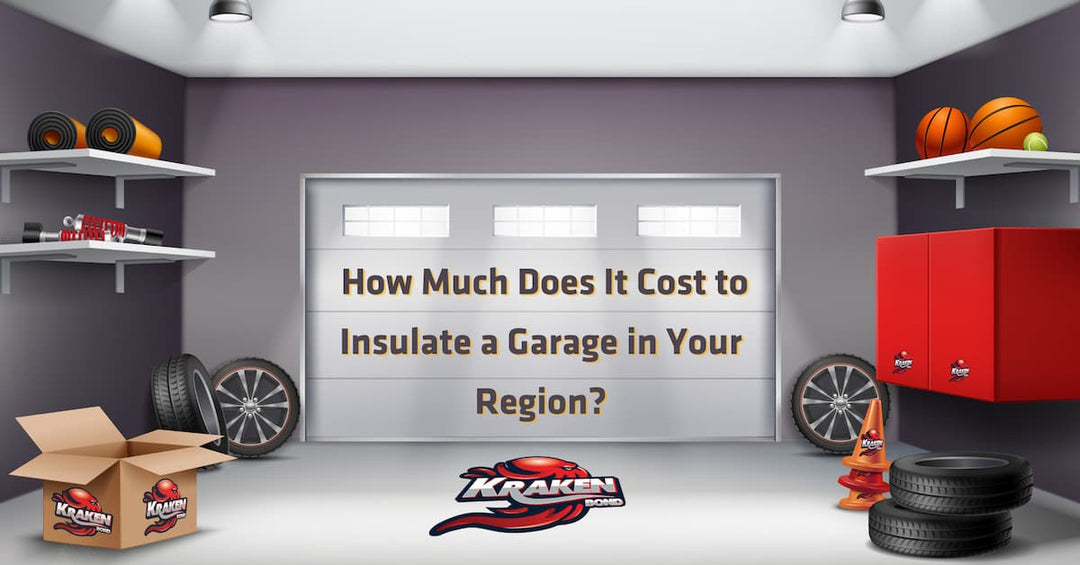


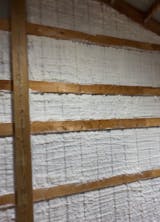
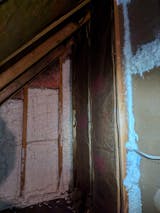
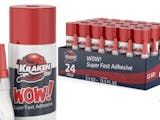





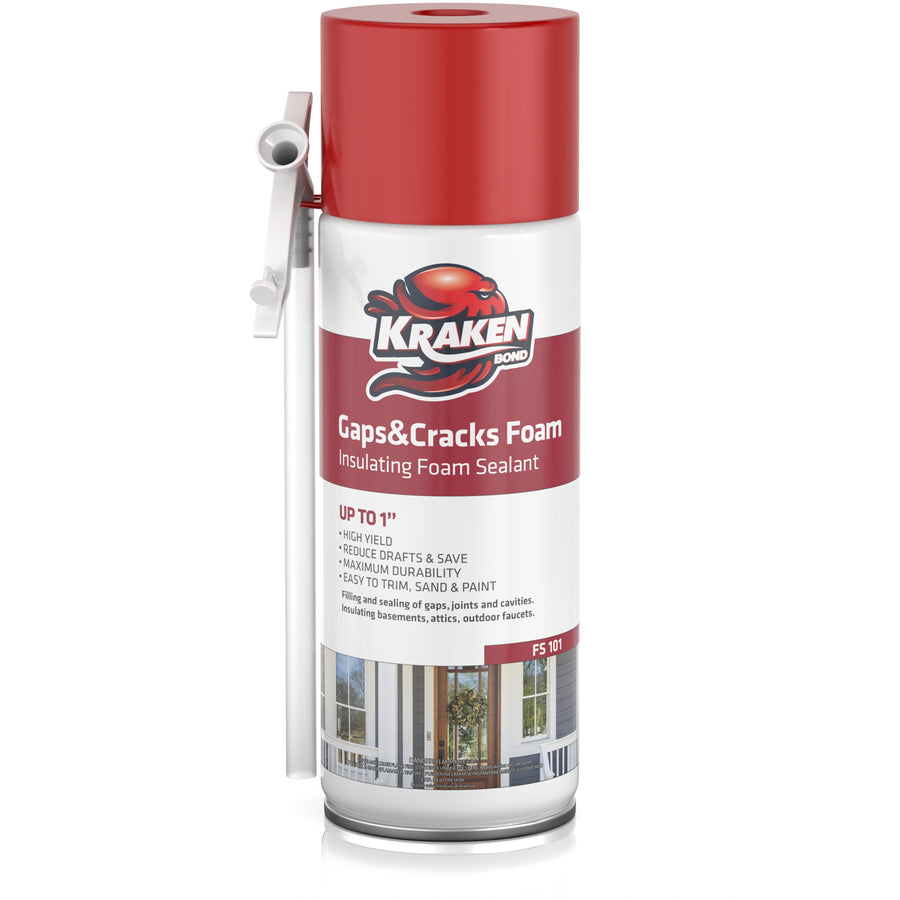
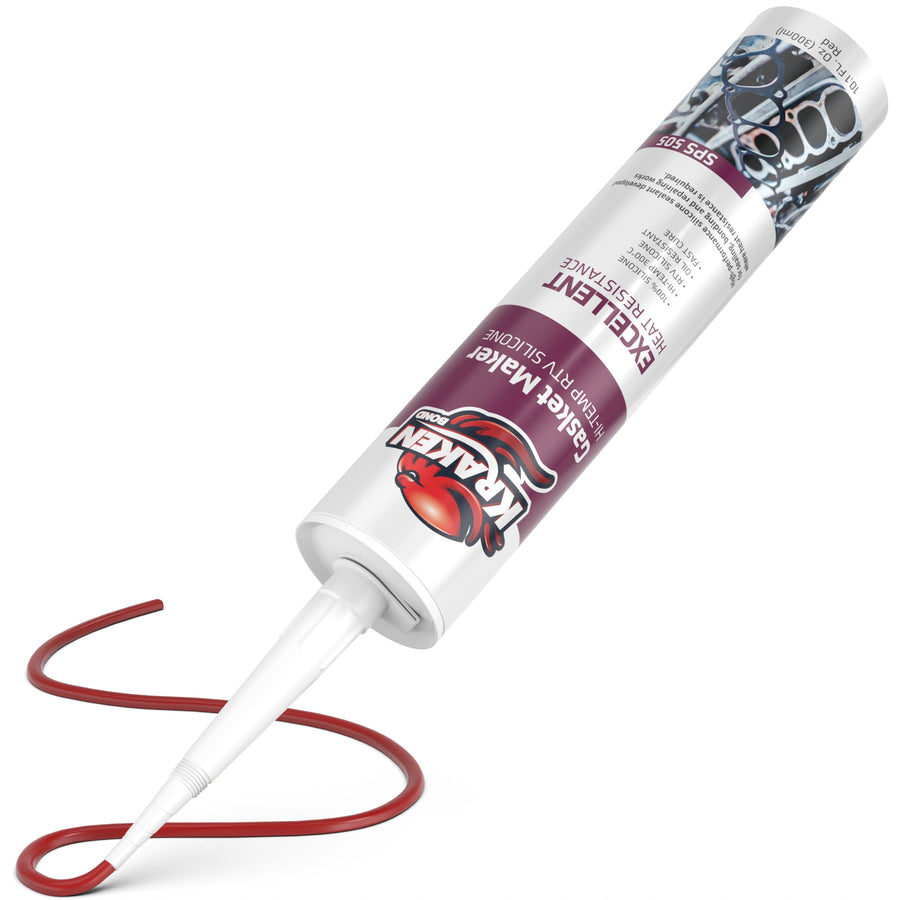
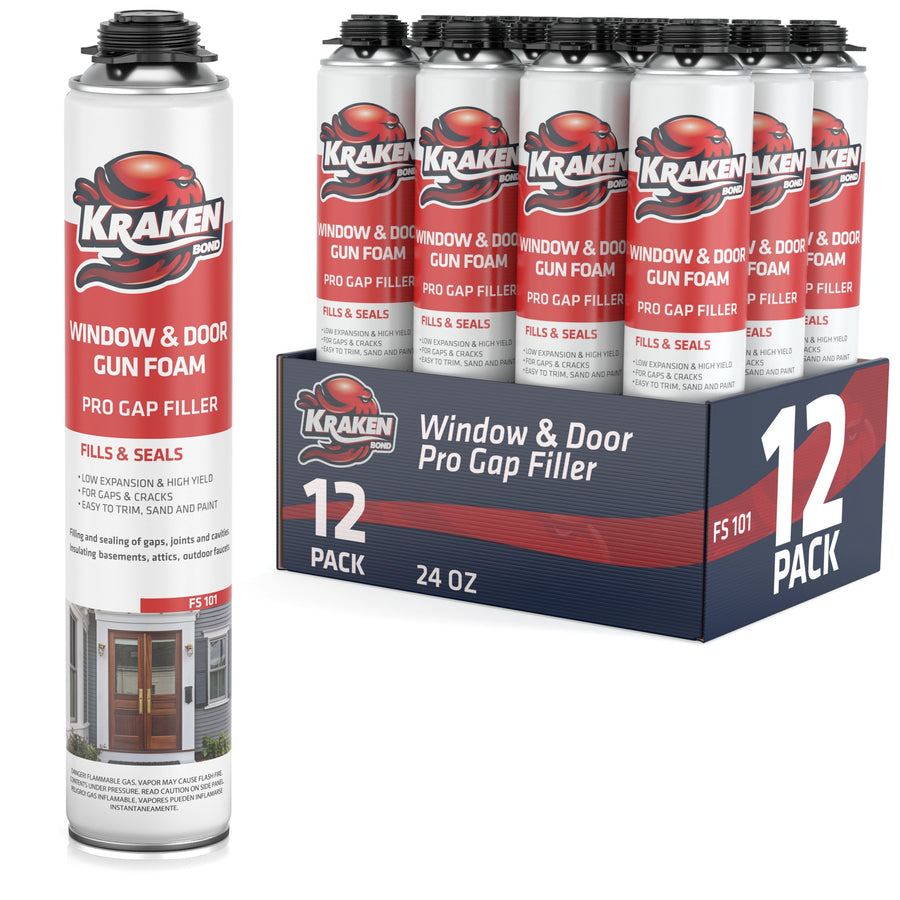
Leave a comment